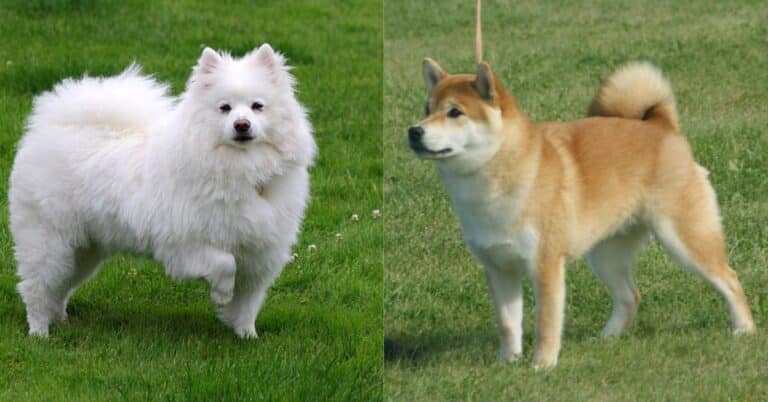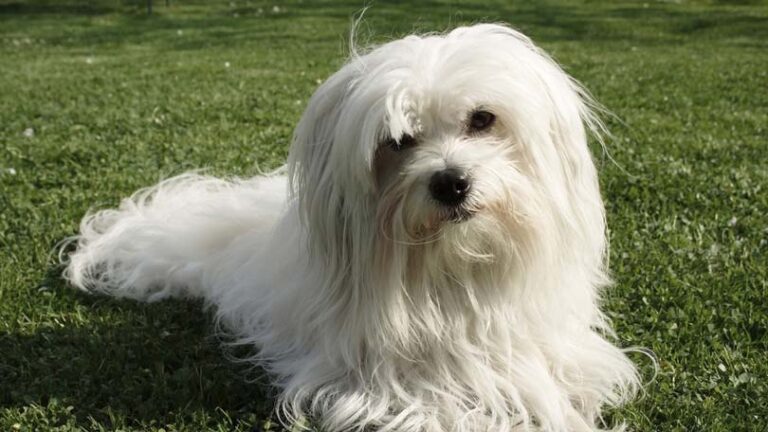Yorkshire Terrier Health Problems
Yorkshire Terriers are one of the most popular breeds in the United States but, like all dogs, they can be subject to their share of health problems. Some problems are congenital, meaning the dogs are born with them; and other problems are genetic. Some of the breed’s problems are due to the very small size of the dogs which can make them more prone to accident and injury. Here’s a closer look at Yorkshire Terrier health problems.
Portosystemic (liver) shunt
Liver shunt is one of the most serious conditions seen in Yorkies and it is found in puppies. It is a congenital malformation of the vein which brings the body’s blood to the liver for cleansing. Some of the blood, which contains the body’s toxins, ends up bypassing the liver and &”poisons” the heart, lungs, and other organs. Yorkies with this condition can exhibit a range of abnormalities and fail to grow properly. The condition can often be treated with surgery.
Hypoplasia of dens
This condition occurs when the pivot point of the second cervical vertebra doesn’t form properly. It leads to spinal cord damage. Onset can occur at any age. Symptoms can range from neck pain to the dog being unable to move his legs.
Legg-Calve Perthes syndrome
This is a degenerative disease affecting the femur where the top of the thigh bone begins to disintegrate. It seems to occur because of insufficient blood supply to the head of the femur. The condition can often be repaired with surgery.
Luxating patellas
Luxating patellas are similar to slipped kneecaps in a human. In a dog the problem can vary in severity. Some dogs may bunny hop occasionally and the patella will go back in place, while other dogs can have serious lameness and pain. In extreme cases surgery is recommended.
Hypoglycemia
Hypoglycemia is low blood sugar and a number of Toy breeds such as Yorkshire Terriers are subject to this problem, especially Yorkie puppies. These small breeds have fast metabolisms and they need to eat several small meals per day to keep their blood sugar stabilized. This is especially true of growing puppies. Yorkshire Terrier puppies need 4-5 small meals per day for the first six months, and 3-4 small meals per day after that. Give your Yorkie small snacks in between meals if he seems to be lethargic.
Collapsing trachea
Collapsing trachea is another condition that affects many Toy breeds, including Yorkies. The condition can occur for a number of reasons – constant straining against the leash, Cushing’s Disease, or weak tracheal walls. Some vets recommend using a harness on Yorkies instead of a collar and leash in order to avoid pulling, but it’s not clear if this will really prevent the problem.
Eye disease
Yorkies are subject to several eye problems such as distichiae, or eyelashes that grow where they shouldn’t grow, which can irritate the dog’s eye. This can lead to scratching of the cornea and other problems. Cataracts and keratitis sicca (dry eye) also occur in Yorkies, but these issues are found in other breeds, too.
Retained milk teeth
Yorkies and other Toy breeds sometimes do not shed all of their milk or baby teeth which leads to problems when their adult teeth begin to come through. You should ask your vet to check your puppy’s teeth when he’s about 7 months old to make sure the milk teeth have come out and the adult teeth are coming in the way they should.
Bladder stones
As they approach mid life, many Yorkies get bladder stones. The stones can interfere with your Yorkie when he urinates. Symptoms are painful urination and blood in the urine. If you notice these symptoms, take your dog to the vet.
Despite all of these possible health problems, your Yorkie may never have any issues. If he does have a health problem, there are good treatments for many issues. Yorkies often live to be 13-16 years old. You can help your Yorkie live a long, healthy life by taking him for regular checkups at the vet and keeping him up-to-date on his vaccinations. Make sure you provide him with heartworm preventive if you live in an area where heartworm occurs. Use flea and tick preventive. Feed your Yorkie a healthy diet and remember that small Toy dogs need several small meals per day to avoid hypoglycemia.
Yorkies are very small dogs and they are more subject to accidents and injuries than many larger breeds. Yorkshire Terriers have all the confidence in the world and your Yorkie probably thinks he can do anything but you should look out for him and prevent him from leaping or doing other things that could cause injury. So-called “teacup” Yorkies which are even smaller than normal-sized Yorkshire Terriers are apt to have more health problems and a shorter lifespan than other Yorkies.

Having discovered a fondness for insects while pursuing her degree in Biology, Randi Jones was quite bugged to know that people usually dismissed these little creatures as “creepy-crawlies”.







